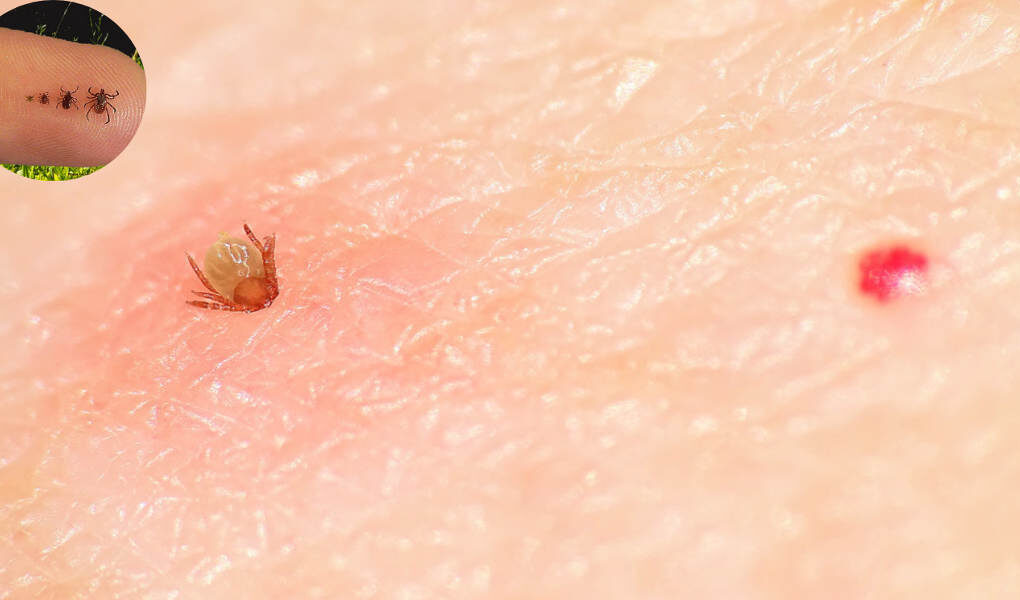Ticks are more than just a nuisance; they can pose significant health risks to both humans and pets. The presence of ticks in our homes raises concerns and questions about their survival and impacts. One of the most pressing questions many homeowners have is: how long can ticks live in a house? Understanding the lifespan and behavior of ticks indoors is crucial for effective prevention and management.
We’ll also discuss how to manage an infestation if it occurs. So, let’s dive into the world of ticks and arm ourselves with knowledge to protect our living environments!
Understanding Ticks: Basics and Behavior
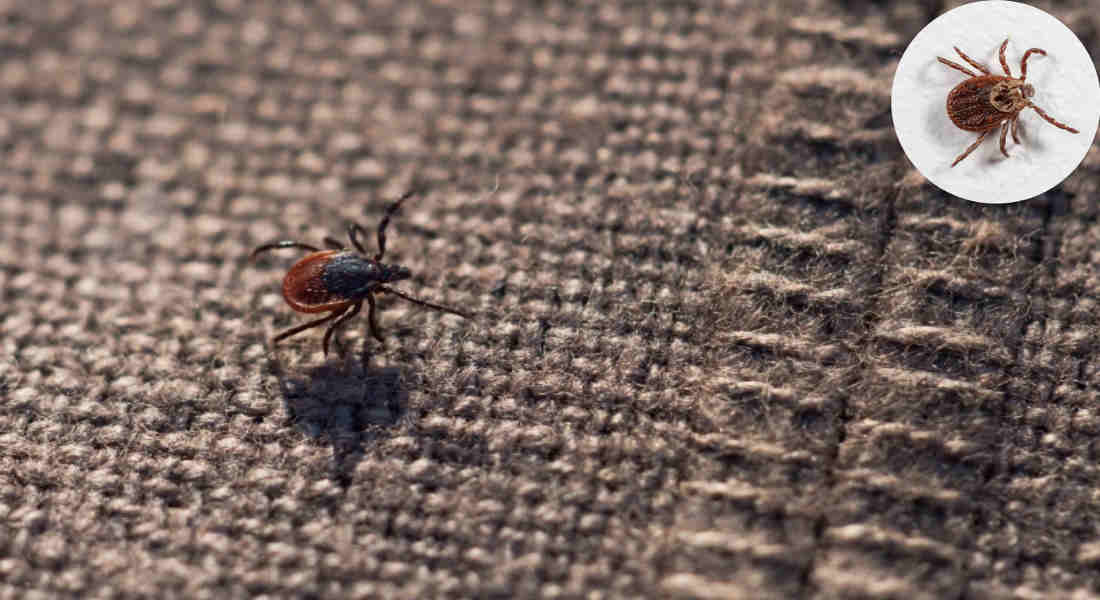
What Are Ticks?
Ticks are arachnids, which means they are more closely related to spiders than insects. These tiny creatures are blood-feeding parasites that can latch onto humans and animals. Ticks are often found in wooded or grassy areas, but they can unexpectedly find their way into our homes.
Common Species Found in Homes
There are several species of ticks that you might encounter in your home, including:
- Blacklegged Tick (Deer Tick): Known for transmitting Lyme disease.
- American Dog Tick: Commonly found on dogs but can bite humans.
- Brown Dog Tick: Can complete its entire life cycle indoors.
- Lone Star Tick: Recognized by the white spot on its back.
Life Cycle of Ticks
Ticks undergo a four-stage life cycle:
- Egg: Laid in the environment, usually in spring.
- Larva: Hatches and requires a host for its first blood meal.
- Nymph: A juvenile stage that is highly active and can transmit diseases.
- Adult: The final stage, which can reproduce and live for extended periods.
Why Ticks Enter Homes
Ticks may enter homes for various reasons, including:
- Pets: Dogs and cats can bring ticks inside after outdoor activities.
- Clothes: Ticks can hitch a ride on clothing after spending time in infested areas.
- Environment: Ticks are attracted to warm, moist conditions that mimic their natural habitat.
How Long Can Ticks Live in a House?
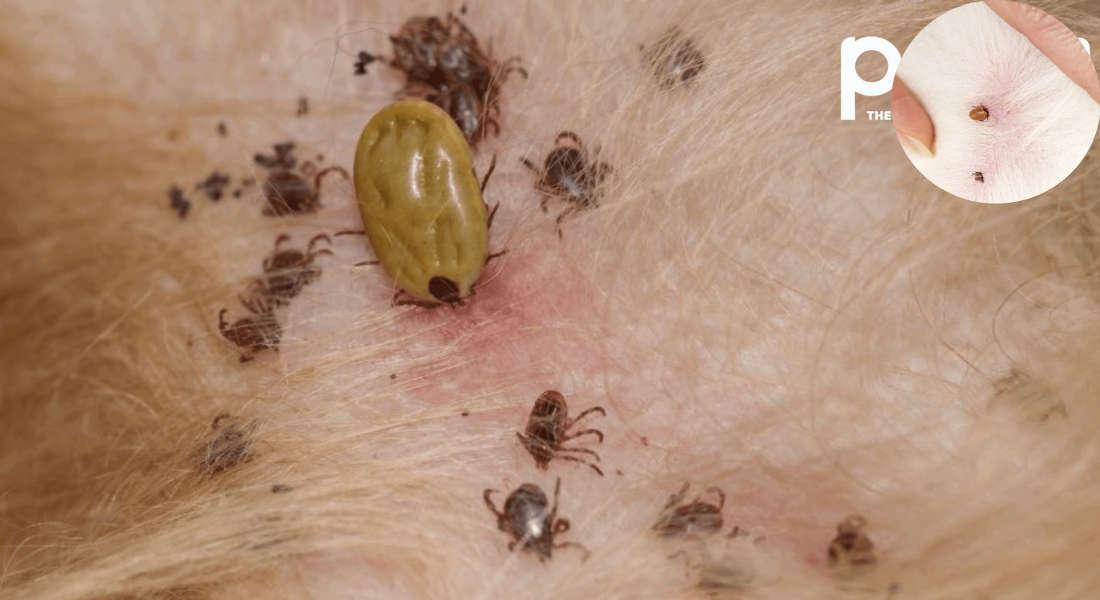
General Indoor Survival Times
Ticks typically have a limited lifespan indoors. Most ticks can survive indoors for about 24 hours to a few days, depending on various conditions. Understanding these survival rates can help you take preventive actions.
Factors Influencing Survival
Several factors can influence how long ticks can live indoors:
- Humidity: Ticks thrive in humid environments.
- Temperature: Higher temperatures can reduce their survival time.
- Moisture: Dry conditions are detrimental to ticks.
- Presence of Hosts: Availability of blood meals can extend their lifespan.
You may also read (understanding the myths are house centipedes harmful).
Differences by Species
Different species exhibit varying indoor survival capabilities:
- Blacklegged Tick: Typically survives 1-2 days indoors without a host.
- American Dog Tick: Can survive up to 2 years without food but only days indoors.
- Brown Dog Tick: Remarkably, it can complete its entire life cycle indoors and survive for weeks to months.
How Ticks Survive Without a Host
Ticks can survive without a host for varying lengths of time based on their life stage and species:
- Nymphs and Adults: Can survive longer without feeding compared to larvae.
- Environmental Factors: Dry or air-conditioned environments tend to decrease their survival rate.
Impact of Indoor Environment
Indoor conditions also play a significant role in the survival of ticks. For instance, air conditioning and dry conditions can reduce their lifespan, making it crucial to maintain appropriate humidity levels in your living space.
Risks of Ticks Living Indoors
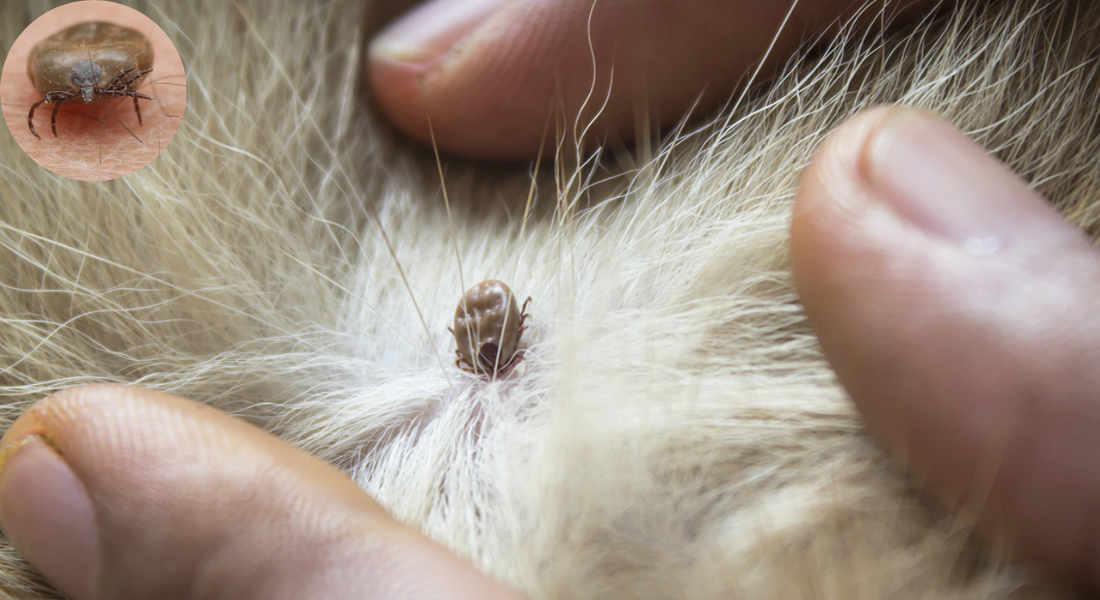
Potential Health Risks
Ticks are not just an annoyance; they can transmit various tick-borne diseases that pose serious health risks. Some of the most common diseases include:
- Lyme Disease: Caused by the black-legged tick, which can lead to severe health complications if left untreated.
- Rocky Mountain Spotted Fever: Transmitted by the American dog tick, this disease can be fatal if left untreated.
How Ticks Can Infest Pets and Humans
Ticks can latch onto pets when they come indoors, increasing the likelihood of spreading to humans. This creates a dangerous cycle where both pets and humans are at risk of tick bites and the subsequent diseases they can transmit.
Importance of Early Detection and Removal
Early detection is key to preventing a tick infestation in your home. Regular checks on pets and family members can help identify ticks before they can cause harm. If you find a tick, it’s essential to remove it safely and promptly.
Why Short Survival Times Matter
Although ticks may not survive long indoors, their potential to transmit diseases during that time remains significant. A short duration can still lead to bites and health issues, making it crucial to take preventive measures.
Common Hiding Places for Ticks in the Home
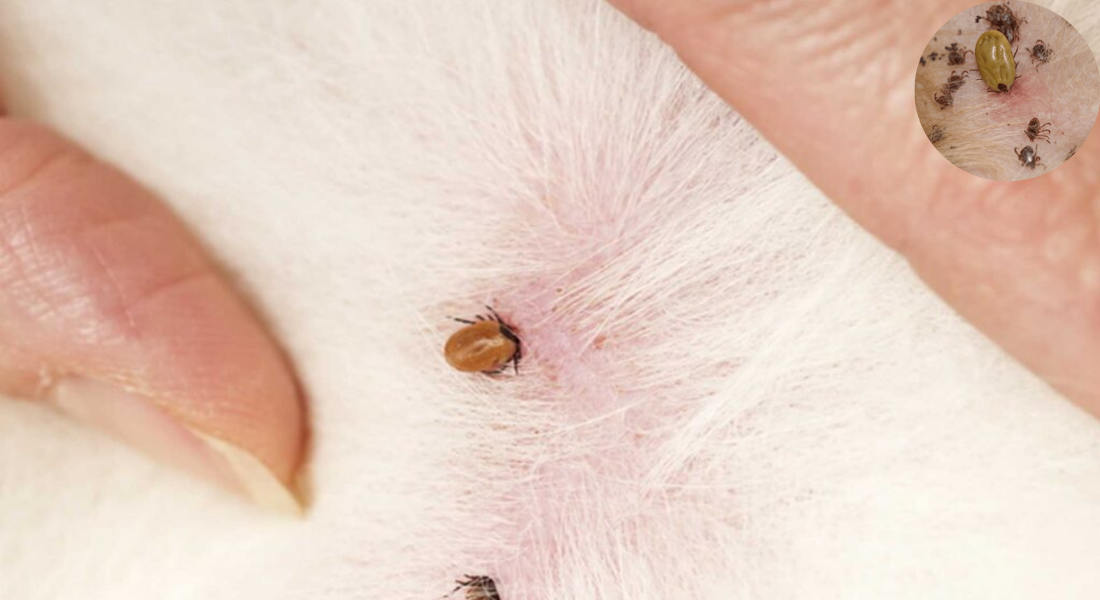
Ticks are adept at finding cozy hiding spots within our homes. Here are some common areas where you might find them:
- Pet Bedding and Kennels: Ticks often hide in the soft bedding of pets, especially if they have been outside.
- Carpets, Rugs, and Upholstery: Ticks can easily fall off pets and settle into carpets, rugs, and upholstery.
- Warm, Moist Areas: Basements and laundry piles create ideal environments for ticks.
- Clothing and Shoes: If you’ve been outdoors, ticks can cling to damp clothes or shoes, making their way indoors.
How to Prevent Ticks from Entering and Living in Your Home
Preventing ticks from making your home their own is essential for your family’s safety. Here are some effective strategies:
Regular Pet Checks and Treatments
Regularly check pets for ticks, especially after outdoor excursions. Using tick prevention treatments can significantly reduce the likelihood of bringing ticks into your home.
You may also read (how to calculate windows for a 10000 sq ft house).
Washing and Drying Clothes
After outdoor activities, make it a habit to wash and dry your clothes. The heat from the dryer can effectively kill ticks that may have hitched a ride on you.
Home Maintenance
Maintain your home by sealing entry points, such as cracks and gaps, to prevent ticks from entering. Controlling humidity levels can also help in reducing tick survival.
Yard Maintenance
Keep your yard tidy by:
- Mowing the lawn regularly.
- Removing leaf litter and debris.
- Creating tick-safe zones by using wood chips or gravel in high-risk areas.
Use of Tick Repellents
Using tick repellents both indoors and outdoors can deter ticks from entering your home. Consider using insecticides as a last resort if the problem persists.
Importance of Professional Pest Control
If you suspect a significant tick infestation, don’t hesitate to call professional pest control services. They have the expertise and tools to handle tick problems effectively.
How to Remove and Manage Ticks Found Inside Your Home
If you discover a tick inside your home, it’s essential to handle the situation carefully:
Safe Removal Techniques
For ticks on humans, use fine-tipped tweezers to grasp the tick as close to the skin’s surface as possible. Pull upward with steady, even pressure. For pets, consult with a veterinarian for safe removal techniques.
Cleaning and Vacuuming Strategies
Regular cleaning and vacuuming can help eliminate ticks from carpets and furniture. Ensure that you dispose of the vacuum bag or empty the canister outside immediately.
Washing Pet Bedding and Household Textiles
Wash pet bedding and any household textiles in hot water to kill ticks. Frequent washing can help ensure that ticks don’t have a place to thrive.
When to Call a Pest Control Professional
If you notice signs of a tick infestation, such as multiple ticks found indoors or on pets, it may be time to call a pest control professional. They can assess the situation and recommend appropriate treatments.
You may also read (understanding house flies do they really bite).

